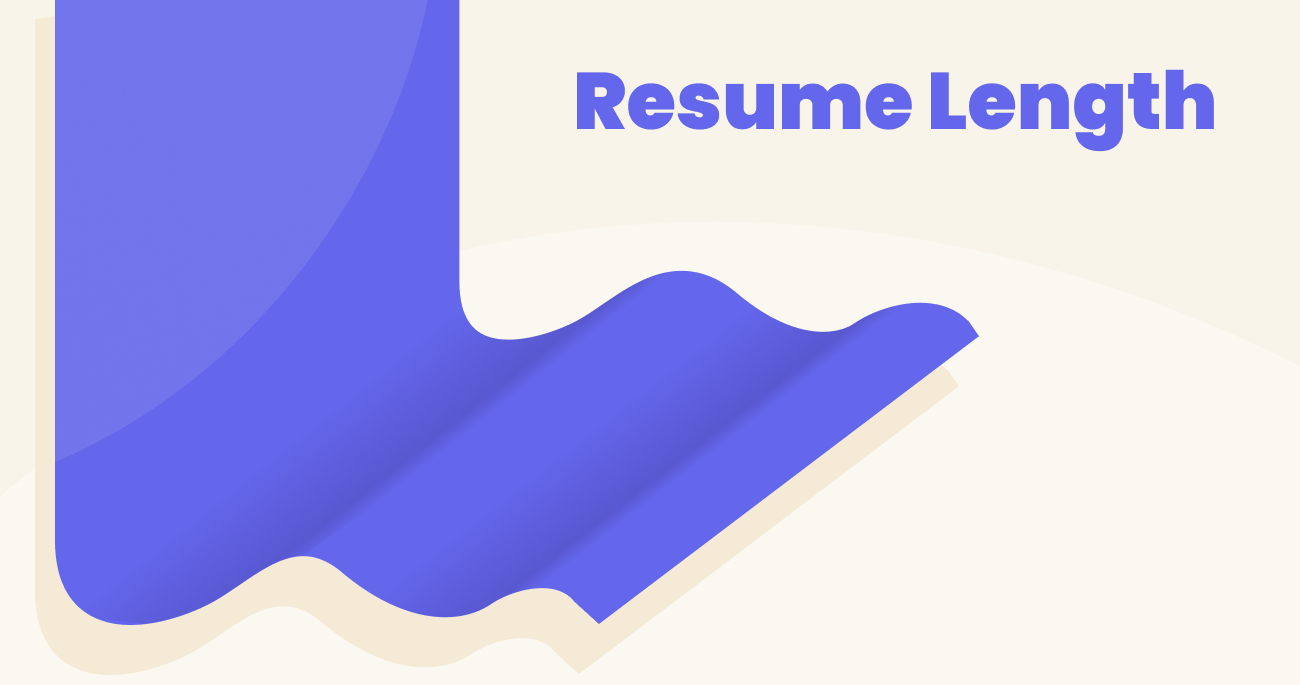
The Great Resume Length Debate
One of the most common questions job seekers ask is: "How long should my resume be?" The answer isn't one-size-fits-all and depends on several factors including your career level, industry, and the amount of relevant experience you have.
One-Page Resume: When It Works
A one-page resume is ideal for:
- Recent graduates or entry-level professionals
- Career changers pivoting to a new field
- Professionals with less than 10 years of experience
- Applying to startups or creative industries that value conciseness
Two-Page Resume: The Sweet Spot
Most experienced professionals should aim for a two-page resume. This length allows you to:
- Detail significant accomplishments without overwhelming the reader
- Include relevant experience from the past 10-15 years
- Showcase leadership roles and career progression
- Provide context for your achievements with specific metrics
Three+ Pages: When More Is Necessary
Longer resumes are appropriate for:
- Academic positions requiring publication lists
- Federal government applications
- Senior executive roles with extensive leadership experience
- Technical roles requiring detailed project descriptions
Quality Over Quantity
Regardless of length, every line on your resume should add value. Focus on:
- Relevant accomplishments with quantifiable results
- Skills and experience that match the job requirements
- Recent and impactful professional experiences
- Clear, concise language that's easy to scan
Industry-Specific Guidelines
Tech/Engineering: 1-2 pages, focus on technical skills and project outcomes
Healthcare: 2-3 pages, include certifications and continuing education
Finance: 1-2 pages, emphasize quantifiable achievements
Education: 2-4 pages, include teaching experience and publications
Making Every Word Count
Remember, hiring managers spend an average of 6-8 seconds on initial resume reviews. Whether your resume is one page or three, make sure the most important information is easily scannable and compelling.